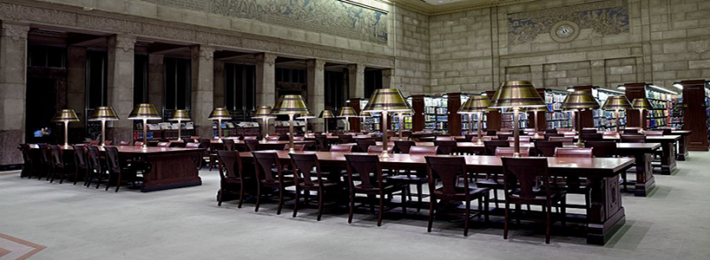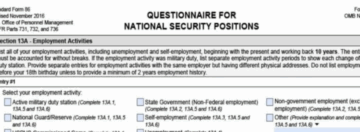The SECRET Act of 2017

Another bill is making its way through Congress and is aimed getting the security clearance process fixed. California Senator Stephen Knight proposed the bill last July and it was passed by the House that same month. H.R. 3210, also known as the Securely Expediting Clearances Through Reporting Transparency (SECRET) Act of 2017, would require the National Background Investigations Bureau (NBIB) to submit reports within 90 days on three areas: security clearance investigations backlog status with statistical data, as well as a backlog mitigation plan; the security clearance investigation and adjudication process for those working in the Executive Office of the President; and identifying duplicative costs associated with the Defense Security Service should they take over investigations for DoD.
If passed, the bill also requires the Office of the Director of National Intelligence (ODNI) to submit a report within 120 days on the status of government-wide implementation of continuous evaluation programs and provide details on how various agencies have implemented reciprocity of clearances. Another section of the bill asks ODNI to provide recommendations on simplifying the SF-86 and using it across other types of investigations in order to be able to crossover clearance applicants faster. The last section of the bill addresses position designation requirements and responsibilities across the entire U.S. Government for Federal employees and contractors.
This bill was amended by the House back in July and sent to the Senate in late November. Despite all the hubris about clearance investigation process reforms and DSS and NBIB squaring off against each other, there appears to be no hurry or consensus on how to fix the backlog issue and overall security clearance process. Applicants continue to wait an interminable amount of time for access eligibility.



Congress wants to help… OH NO!!! RUN FOR IT!!!
I feel like a much better solution is to stop over classifying info. Isn’t a bunch of top secret stuff open source reports from like the NYT for example. If the secret stuff is properly classified less people need a clearance to do work.
All classified requires an Original Classification authority to deem it classified. There are very few OG classifying authorities as I understand. We are all responsible for derivative classification, which simply means carrying forward the classified markings as presented to us. In a perfect world, yes we should always be alert to challenge classification decisions. Hopelessly, endlessly clogging the system in challenges hardly seems efficient or effective (to me). At times an item is deemed classified based on compilation, meaning X plus Y together can compromise a classified item. So whereas it may not seem appropriate on face value, it may be if items are presented together in certain formats.
This is quite different from using an automated classification system and clicking on TS because you want to be on the safe side. Those annoying practices should be addressed in annual employee training (that most doze through). Computer based training…the wonder child of the mid 2000’s…obviously isn’t getting the job done.
I’m still a little lost on how this bill helps speed up the process?
You and me both. But I guess it will look good in the newsletter he sends to his district.
In unrelated but possibly related news - David Turpin, the father who kept his 13 kids in horrible conditions, worked for Lockheed and Northrup. I hope these children can somehow find the ability to cope and live a better life but can’t even begin to imagine what they went through.
Do you think there is any chance he had a security clearance? If so, and depending on the investigation type, there is a very slim chance investigators could have caught something by talking to neighbors. I wonder if it would be good for investigations to include a welfare check on applicants residences? Just a quick in person at the residence while in the neighborhood to make sure nothing sinister is going on.